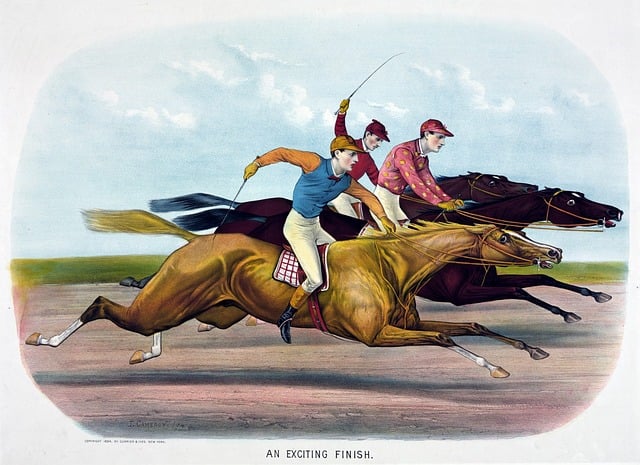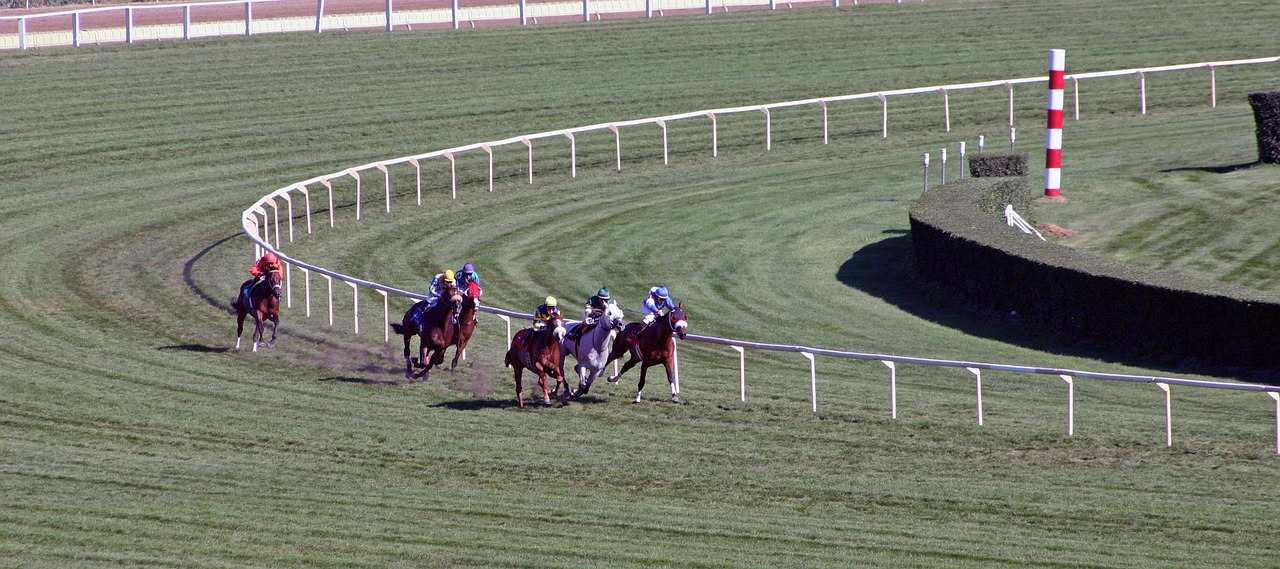 The National Hunt isn’t one of my favourite codes of racing. In fact, beyond the odd venture to Huntingdon, heading to Norfolk, one of two tracks in the county, the other one being on the North Sea coast at Great Yarmouth, I’m a complete novice to steeplechases, hurdles and flat races.
The National Hunt isn’t one of my favourite codes of racing. In fact, beyond the odd venture to Huntingdon, heading to Norfolk, one of two tracks in the county, the other one being on the North Sea coast at Great Yarmouth, I’m a complete novice to steeplechases, hurdles and flat races.
I was looking forward to going to Fakenham.
I was invited by my cousin, Danny, and a small group of friends including, Kevin, Dave Smith and Buster. The journey by car took us from our home town of March, Cambridgeshire to Fakenham via the A47. The trip took just over an hour.
We arrived about an hour before the start of racing to a very rural location with a crowd that looked like they come off the farm with associated apparel and army of Wellington boots. I was struck by how cold it was. In fact, it was freezing cold. The course allowed dogs on leads and I saw a greyhound that couldn’t stop shivering.
Thinking about the date of this meeting it was many years back in 2015, the final season of jockey A.P. McCoy. He was there racing that day and there was a buzz around the course. The man himself was enjoying the moment with racegoers taking photos while others got their racecard signed.
Fakenham has 11 fixtures each season.
The Grandstand & Paddock admission from £15 – £20 (booking online in advance is cheapest) and affordable. For that you get:
-
Access to the Grandstand viewing area
-
View of all the parade ring
-
Bookmakers
-
Tote facilities
-
Food outlets
-
Trade stands
-
Licensed bar
-
Britbet Betting Shop
The course is left-handed and almost square in shape and a circuit of about one mile. The steeplechase course is on the outside of the hurdle course and six hurdles per circuit with an open ditch as the penultimate obstacle.
The first meeting at Fakenham took place in 1905 attracting 37 runners. However, in 1926 hurdle races were introduced as the number of steeplechases dwindled.
In 1965 with fears that Fakenham may be closed, the formation of Fakenham Racecourse Ltd led to the qualification of funding from the Levy Board. In addition, part of the racecourse was leased for sports facilities including a golf course.
I can’t remember the horses that run on my visit to Fakenham or whether I placed a bet but I do remember enjoying a great day with good company. I guess I’m not alone with that opinion considering it has received royal patronage from King Edward VII to King Charles III who become patron of the course in 2000. In fact, the 1 million pound members’ stand is named ‘The Prince of Wales Stand’.
It was soon time to go home but not before going into the old Long Bar (which has now been replaced by The Adrian Flux Bar) as much to warm up as have a pint of beer.
Soon after the last race, we made our way to the car and back home.
It was the first and last time I went to Fakenham races but I would like to go again. Even on the coldest day it has a warm feel about the place and there is something truly beautiful about this little course.
I didn’t get the autograph of A P McCoy but I saw the joy of a crowd who witnessed a racing legend.
As John McCririck used to say: ‘Go racing!’
How right he was.
 Is there a doctor in the house?
Is there a doctor in the house? Who doesn’t enjoy a Carry On Film?
Who doesn’t enjoy a Carry On Film?